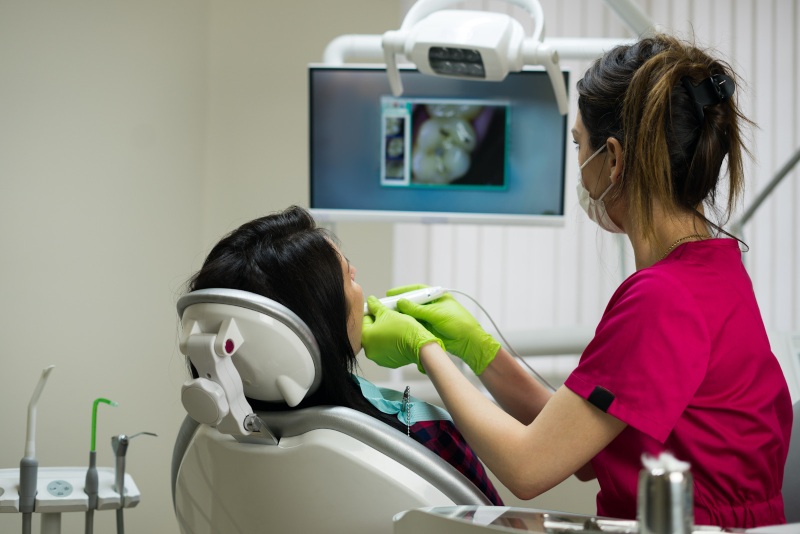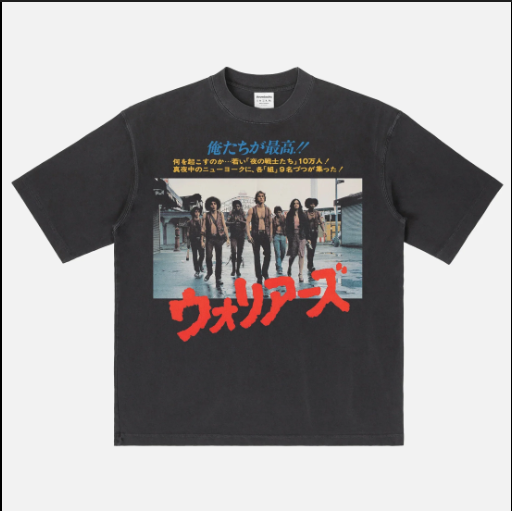As your pet ages, their needs evolve. You naturally want the best care for them. This is where a general veterinarian in North Calgary becomes essential. They help keep your senior pet healthy and comfortable. Many senior pets face issues like joint pain, dental decay, and weight fluctuations. You may find it tough to spot these changes on your own. However, a general veterinarian can recognize these problems early. They offer regular check-ups to catch health issues before they worsen. They provide advice on diet and exercise tailored for older pets. You also get guidance on supplements and medications that ease aging symptoms. They monitor chronic conditions and adjust treatments as needed. Your veterinarian serves as a partner, ensuring your pet ages gracefully. By working together, you safeguard your pet’s quality of life. It guarantees them a peaceful, contented golden age. Your pet deserves the best. Your veterinarian ensures they get it.
Understanding Senior Pet Needs
Senior pets require different attention compared to younger ones. Their bodies change. Metabolism slows down. They become prone to specific ailments. This stage needs a keen eye for subtle changes. Regular visits to your veterinarian make a difference. You stay informed about what to expect. Vets explain the shifts in your pet’s health. They help you prepare for transitions in care required as pets age.
Key Health Issues for Senior Pets
Senior pets face distinct health challenges. These include:
- Arthritis
- Dental problems
- Heart disease
- Kidney issues
- Diabetes
Each condition requires specific attention. Your vet offers practical solutions. They guide you on managing these issues effectively. Early detection is crucial. It prevents complications. This is why routine check-ups matter significantly.
Importance of Regular Check-Ups
Regular veterinary visits are not just routine. They are preventive measures. Your pet’s vet identifies potential problems early. This approach saves you from costly treatments later. It also spares your pet from discomfort. During check-ups, vets assess:
- Weight changes
- Ability to move
- Dental health
- Any unusual behaviors
Routine care is more effective after treatment. This is because continuous monitoring helps adjust treatments as needed. You ensure optimal health for your pet at all times.
Nutritional Needs for Aging Pets
Diet is crucial for senior pets. Their nutritional needs change. A well-balanced diet keeps them healthy. Your veterinarian helps formulate a diet plan. It focuses on managing weight and providing necessary nutrients. Proteins, fibers, and vitamins play a role in maintaining health. You might also consider supplements. These support joint health and improve mobility.
Exercise and Mental Stimulation
Exercise remains important. It keeps pets physically active. It also provides mental stimulation. However, their capacity for activity reduces. Your vet advises on suitable exercises. Light walks or gentle play sessions work well. They maintain mobility without straining your pet. Enriching their environment with toys or new activities keeps their mind sharp.
Monitoring Chronic Conditions
Chronic conditions need close monitoring. Regular vet visits assess how well the treatment works. Adjustments are made based on your pet’s response. This personalized care maintains comfort and quality of life. Your vet becomes your advisor. They offer solutions to manage these conditions effectively.
Comparison Table: Young Pets vs. Senior Pets
| Aspect | Young Pets | Senior Pets |
|---|---|---|
| Activity Level | High | Low |
| Metabolism | Fast | Slow |
| Health Issues | Few | Many |
| Dietary Needs | Standard | Specialized |
Conclusion
Caring for a senior pet involves understanding their changing needs. A general veterinarian remains a cornerstone in this journey. They help decipher the complexities of senior pet care. By maintaining regular check-ups, adjusting diets, and monitoring health, you ensure your pet’s well-being. This partnership secures a happy and healthy life for your beloved pet. Your pet’s golden years should be as joyful and fulfilling as possible. You deserve peace of mind. Your pet deserves comfort and care. Trust in your veterinarian to guide this journey.









